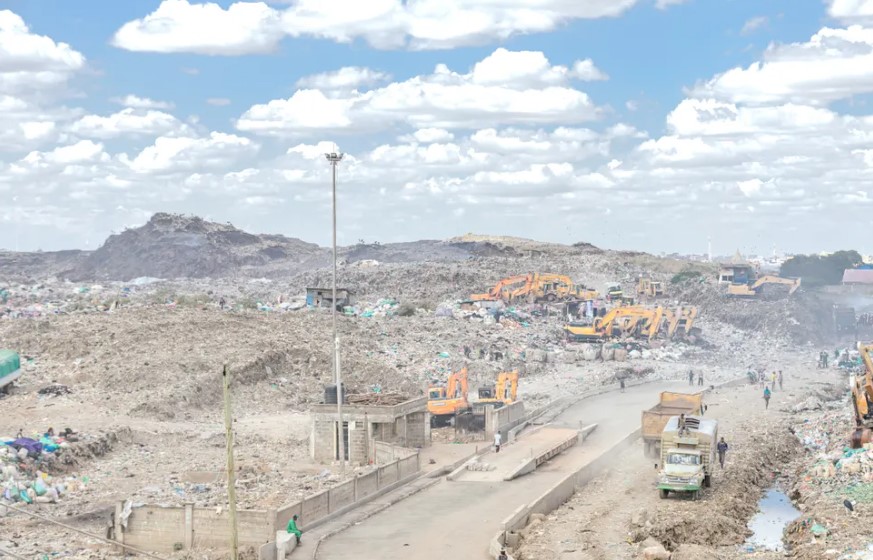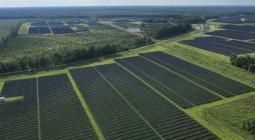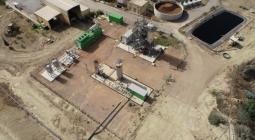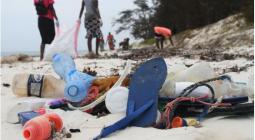The waste pickers of Nairobi’s Dandora dump site – in pictures

As officials prepare to gather in Nairobi, Kenya, for the third stage of talks on a UN plastic pollution treaty, new photos show the scale of the waste problem less than 8 miles from the UN Environment Programme building where the talks will take place. Nairobi’s Dandora dump site is one of the largest in Africa
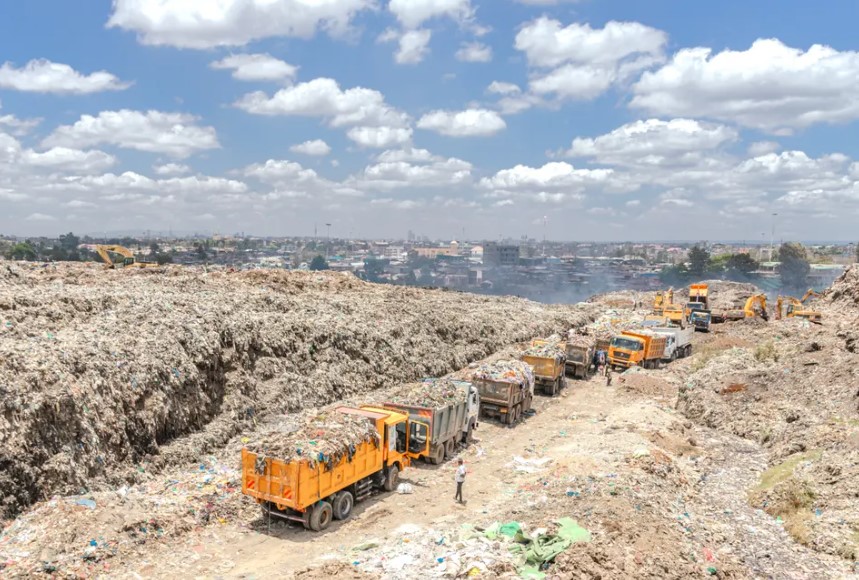
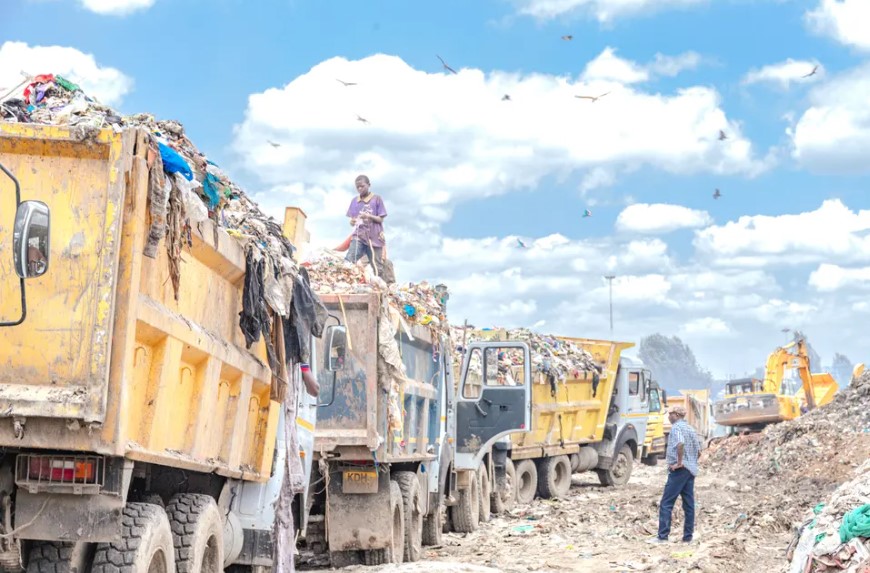
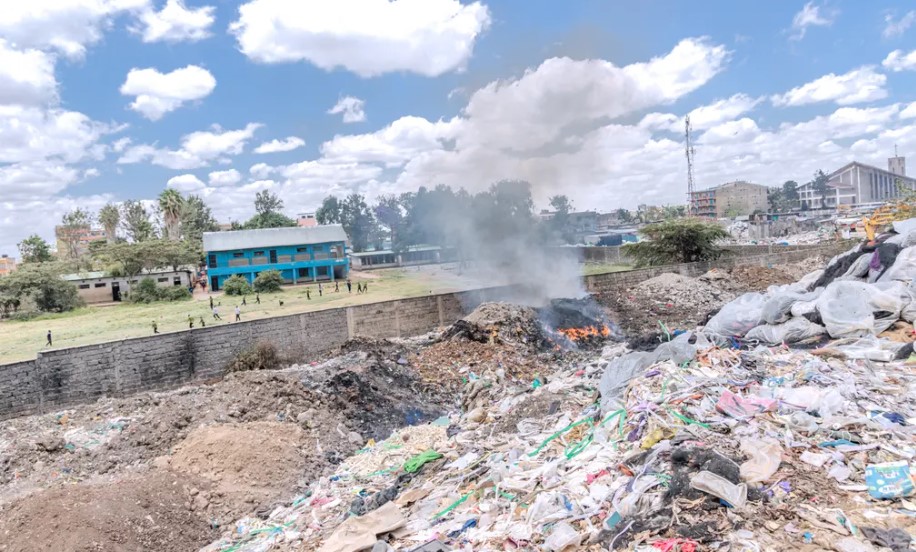
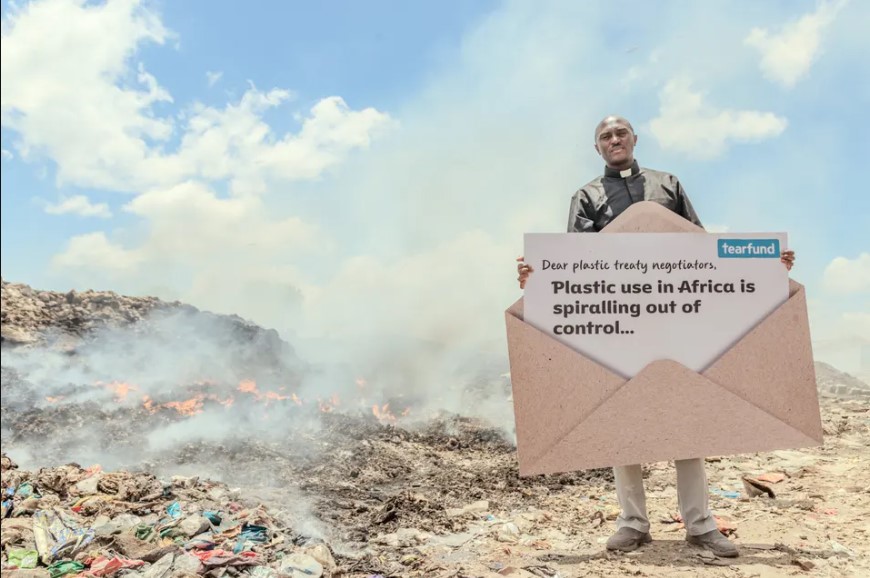
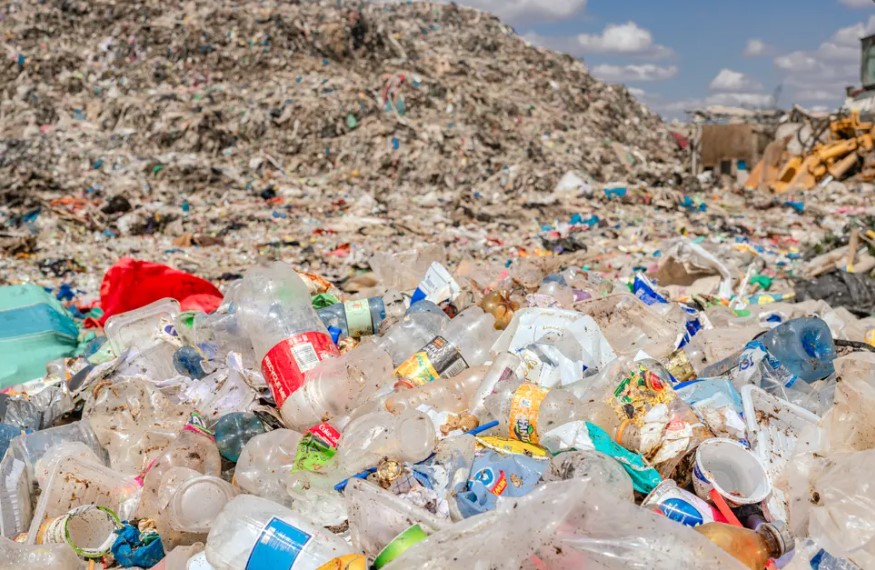
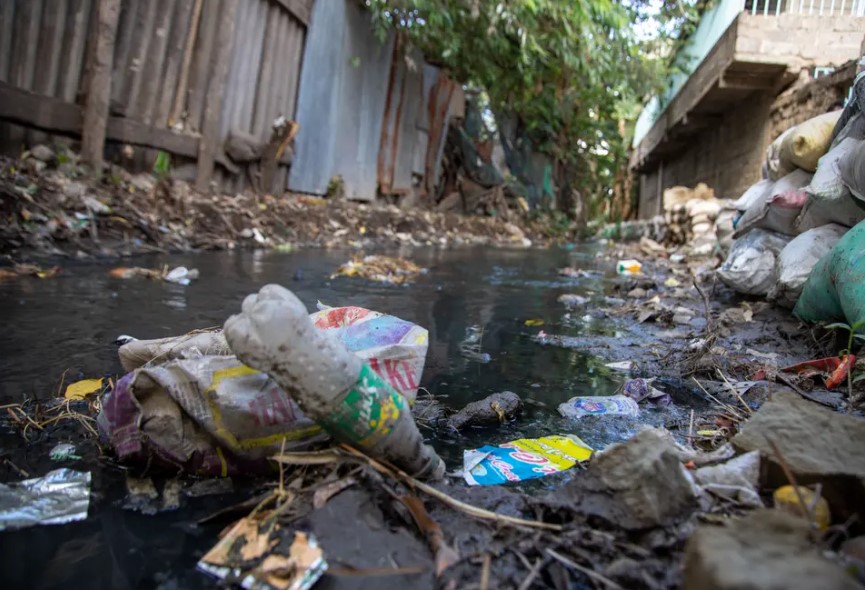
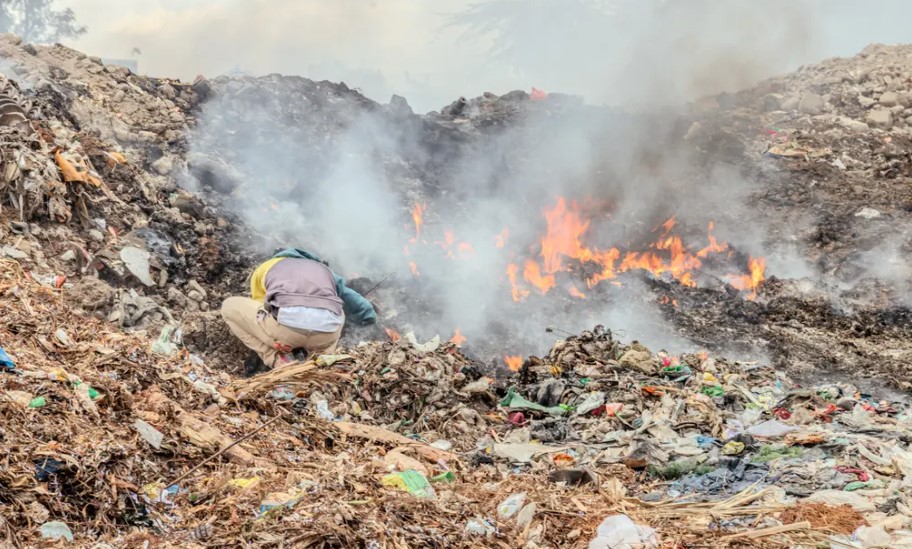
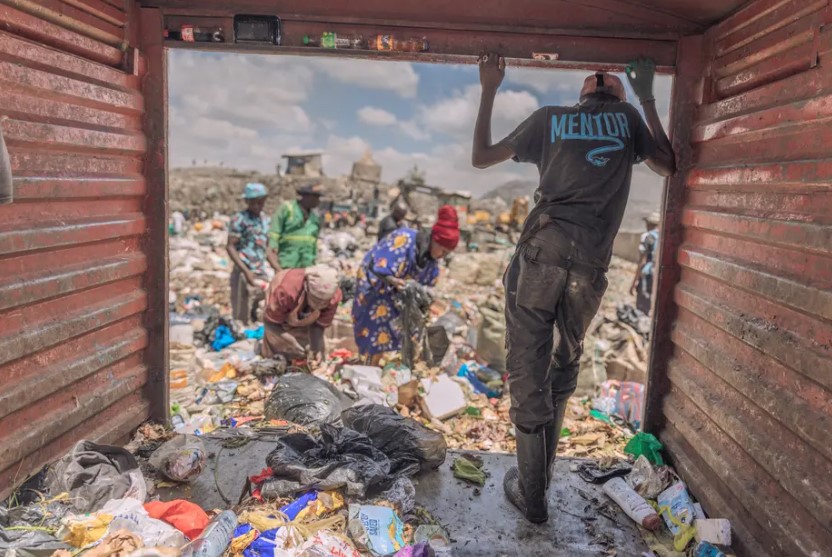
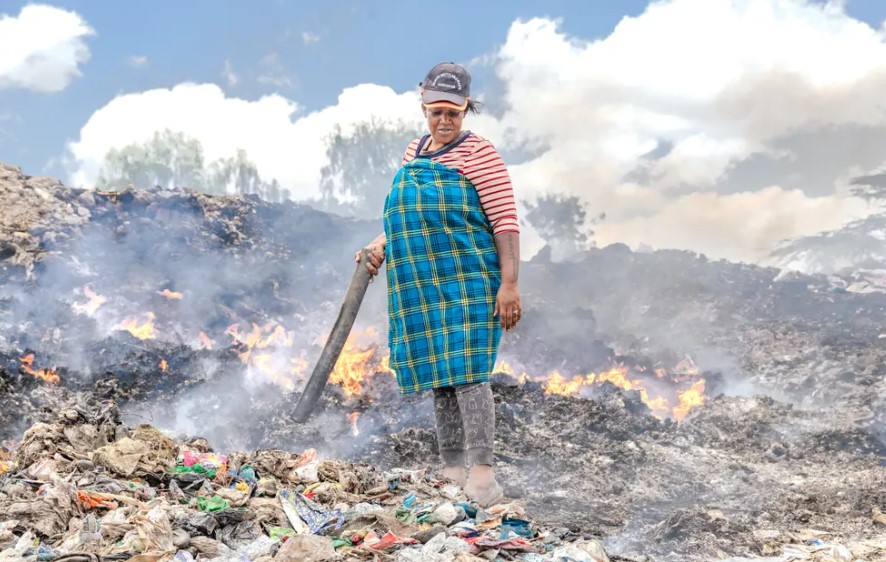
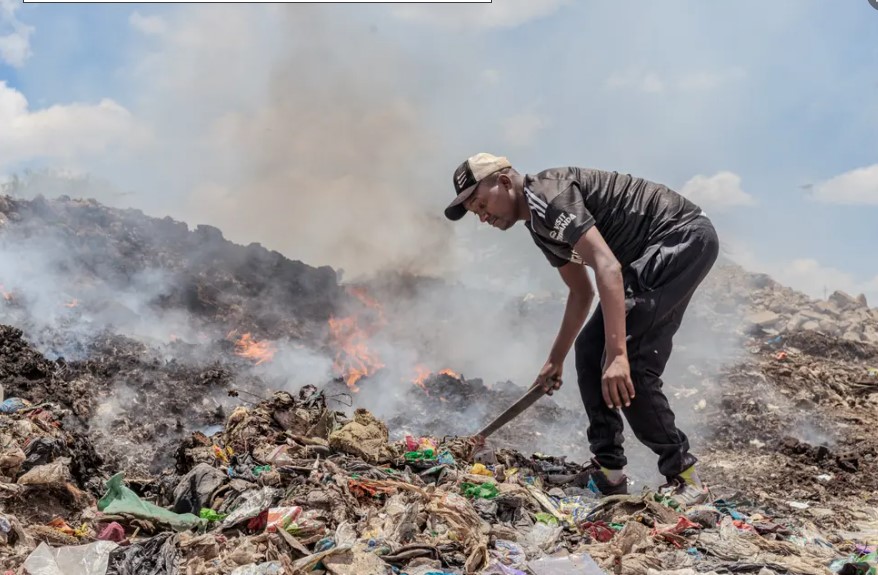
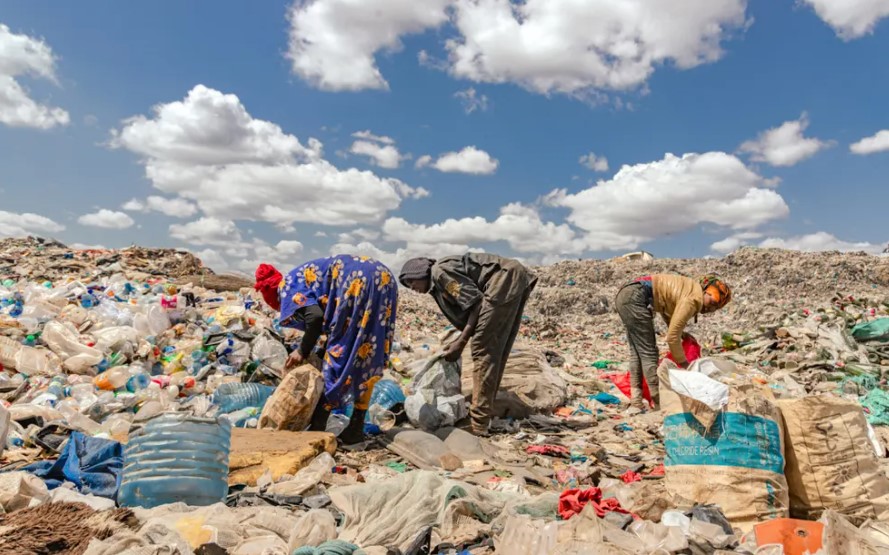
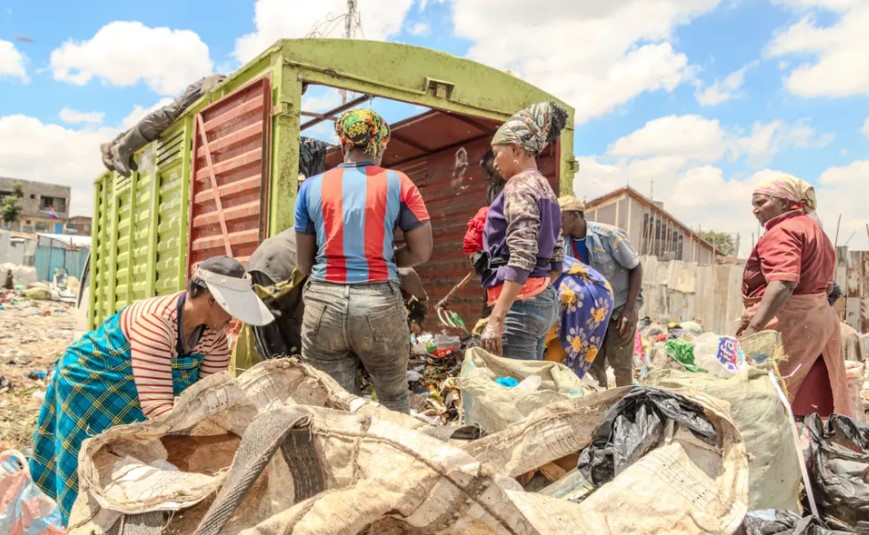
People sort recyclables to sell. Waste pickers are calling for fairer pay, better working conditions, protective equipment and health cover as part of the treaty. Grace Wanjiku said: ‘There needs to be training for people for life after the dump site. People have the skills but they are fearful because they do not know who will hold their hands and support them.’
